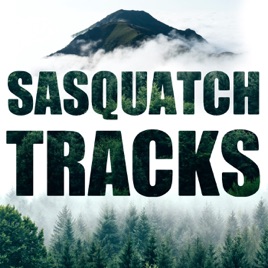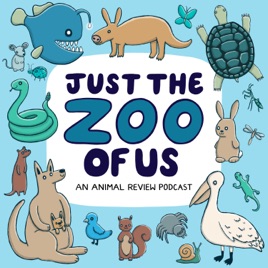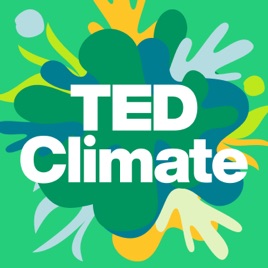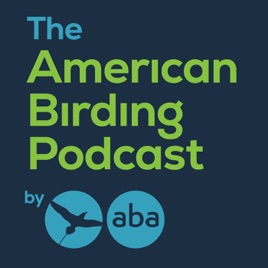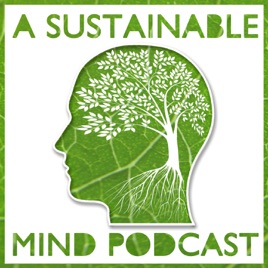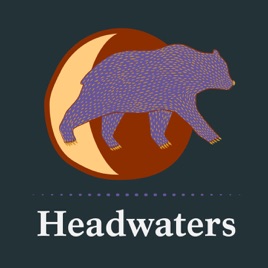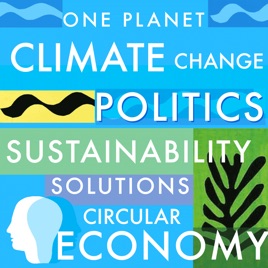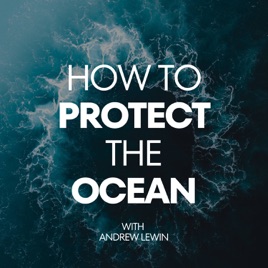
Advertise on podcast: How To Protect The Ocean
Description
Dive into the Depths: Join Andrew Lewin on 'How to Protect the Ocean' – Your Gateway to Exclusive Ocean Insights! Explore the latest, uncharted realms of ocean science and conservation that you won't find anywhere else. Andrew takes you on an inspiring journey to uncover the hidden gems of oceanic discovery and initiatives. Tune in to discover how you can transform your life for a better ocean, one episode at a time. The How To Protect The Ocean is your resource to keep you informed on the latest ocean news; teach you how to speak up for the ocean; and, how you can take action to live for a better ocean. There is so much information on the ocean and the issues that are affecting it that it can be difficult to find optimism in the future of the ocean. Climate change, overfishing, plastic pollution, water pollution, and coastal development have altered the ocean in ways that have negatively changed the way we use it. The repercussions of climate change, including the ominous specter of rising sea levels, the relentless march of warming ocean temperatures, and the ominous shadow of ocean acidification, have not only altered the very fabric of our coastlines but have also conjured fiercer storms and summoned floods with growing frequency. The fossil fuel industry may whisper in your ear that the situation is insurmountable, an inescapable fate. However, this podcast is here to unveil a different narrative, one that empowers you to take action. It illuminates the path to change by casting your vote for leaders committed to implementing climate-rescuing policies and by offering invaluable insights into how each of us can shrink our individual carbon footprint. The grim reality of overfishing casts a long shadow, fueled by governmental shortcomings in the stewardship of both commercial and recreational fisheries. Within the delicate balance of our oceans, every fish population possesses a threshold - a point at which the relentless harvest of fishermen begins to erode their numbers. The management of these aquatic resources is a formidable task, as the elusive currents of the sea often defy easy tracking. Furthermore, the menace of illegal, unregulated, and unreported (IUU) fishing looms large in many nations, adding to the crisis. Yet, a glimmer of hope shines through the depths. A beacon for responsible consumption emerges in the form of seafood programs, guiding conscientious individuals toward choices that safeguard our oceans. By heeding these programs, you not only savor the delights of sustainable seafood but also become an informed guardian of marine ecosystems. The relentless scourge of plastic pollution has unleashed an epidemic of death upon the denizens of our oceans. It's a ruthless killer, claiming the lives of hundreds of thousands of marine mammals, majestic sharks, grandiose fish, gentle sea turtles, and the graceful sea birds that soar above. The malevolence of this crisis knows no bounds, with microplastics infiltrating even the remotest depths of the ocean and etching their presence along every coastline. To mount a defense against this ecological cataclysm, the clarion call for action echoes on the international and national stages. It beckons governments far and wide to adopt resolute policies, wielding the power to outlaw the menace of single-use plastics and demanding the meticulous detoxification of our supply chains. In this grand battle to safeguard our seas, the fight against plastic pollution knows no borders. The ominous specter of water pollution looms large, a consequence of our thoughtless disposal into the arteries of our planet – our streams, rivers, lakes, and oceans. This callous act reverberates, sending shockwaves through the intricate ecosystems of our coastal havens, where the likes of coral reefs, resilient mangroves, and swaying seagrasses thrive. But alas, this intrusion is not benign; it bears the capacity to corrode and dismantle these vital sanctuaries, the very lifebloo
Social media
Check How To Protect The Ocean social media presence
Podcast episodes
Check latest episodes from How To Protect The Ocean podcast
Podcast reviews
Read How To Protect The Ocean podcast reviews
Podcast sponsorship advertising
Start advertising on How To Protect The Ocean & sponsor relevant audience podcasts
You may also like these nature Podcasts
